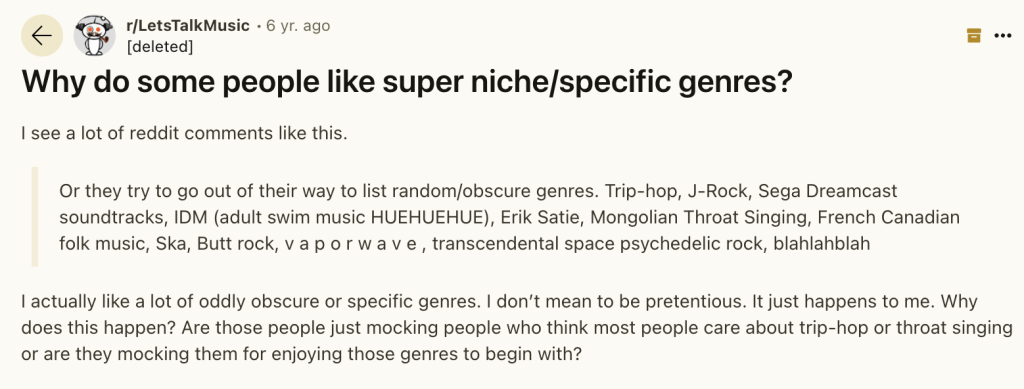Over the past half-century, changes in media have significantly influenced the development of capitalism. Nowadays, whether it is a large corporation or a multinational enterprise, it is essential to have not only a strong research and development team and logistical support system but also a public relations and brand marketing team that can accurately grasp consumer psychology. The first impression a brand presents to consumers is often crucial. How to leave a good impression in a short period and then maintain this positive brand effect through carefully planned media layouts—such as collaborating with key opinion leaders (KOLs) to launch unboxing videos or service introductions, or purchasing corresponding advertising space based on consumer needs—are all factors that determine whether consumers will ultimately make a purchase. This is a long-term cultivation process that requires subtle influence, and a small public relations crisis can also undermine the credibility of an entire brand.

Photo by iStock
When Consumption Becomes a Display of Style and Expression of Attitude
The orientation of consumer behavior has shifted from being functionality-based to being utilitarian-focused. In other words, consumers are no longer merely engaged in simple consumption activities; modern consumers view consumption behavior as a manifestation of personal style and an expression of lifestyle attitudes, thereby constructing their identity. For example, when we purchase coffee made from fair-trade beans, we are essentially supporting coffee farmers in developing countries and believe that our consumption can help improve their lives. Furthermore, when we buy fast fashion clothing, we may pay more attention to whether these companies are involved in labor exploitation issues.
In addition to product consumption, we are also increasingly concerned about the style and values behind our media consumption. The development of social media has allowed creators and singers to showcase more of their personal identities across various platforms; they not only present their works but also frequently use online shows and social media to let audiences understand their lives and thoughts. As consumers, we not only hope that the works can resonate with us but also expect the life attitudes, values, or concerns of creators or singers to align with our own values.
The More Niche, the More Preferred?

Photo by Reddit
I have recently noticed that the music scene is becoming more segmented, with people seeming to favor “niche” or “indie” music increasingly. These so-called “niche” or “indie” genres can further be categorized into different sub-genres. After searching online, I found that this phenomenon has been discussed for at least six years. In an article titled “Why do some people like super niche/specific genres?” someone responded that mainstream music lacks depth or is overly commercialized, while niche music can more authentically reflect personal experiences, feelings, or worldviews.
Consumer Culture is Inextricably Linked to “Habitus”
The perspectives on consumer culture mentioned above are closely related to Bourdieu’s concept of “Habitus1.” Habitus helps individuals choose products and services that reinforce or display their symbolic capital. When we choose specific brands or pursue niche products, we are, in fact, showcasing our cultural capital or particular social status. In modern consumer culture, this kind of display is becoming increasingly common, especially on social media, where consumption has become a symbol of social identity.
Conclusion
Modern consumer culture not only shapes our consumption behaviors but also profoundly influences our media choices. The selection of music, brands, and media content is no longer merely a matter of personal preference; it has become a symbol of identity and social status. In this age of abundance of choices, the intertwined relationship between consumer culture and media selection is increasingly becoming an important issue that cannot be overlooked in our lives.
Reference
- Bourdieu, P. (2020). Outline of a Theory of Practice. In The new social theory reader (pp. 80-86). Routledge. https://www.taylorfrancis.com/chapters/edit/10.4324/9781003060963-11/outline-theory-practice-pierre-bourdieu ↩︎



it’s interesting how consumer behavior has shifted from just buying products for their functionality; to buying things that reflect our personal style and values. I can relate to the idea of purchasing things that align with my identity, especially with how we use social media today. It’s not just about what we buy, but also about what those purchases say about us. Even small things, like choosing a brand or sharing a specific product online, can express a lot about our personality or lifestyle. I feel like this connects to how we choose to engage with media too, as it’s not just about entertainment but also about the values and attitudes we resonate with.